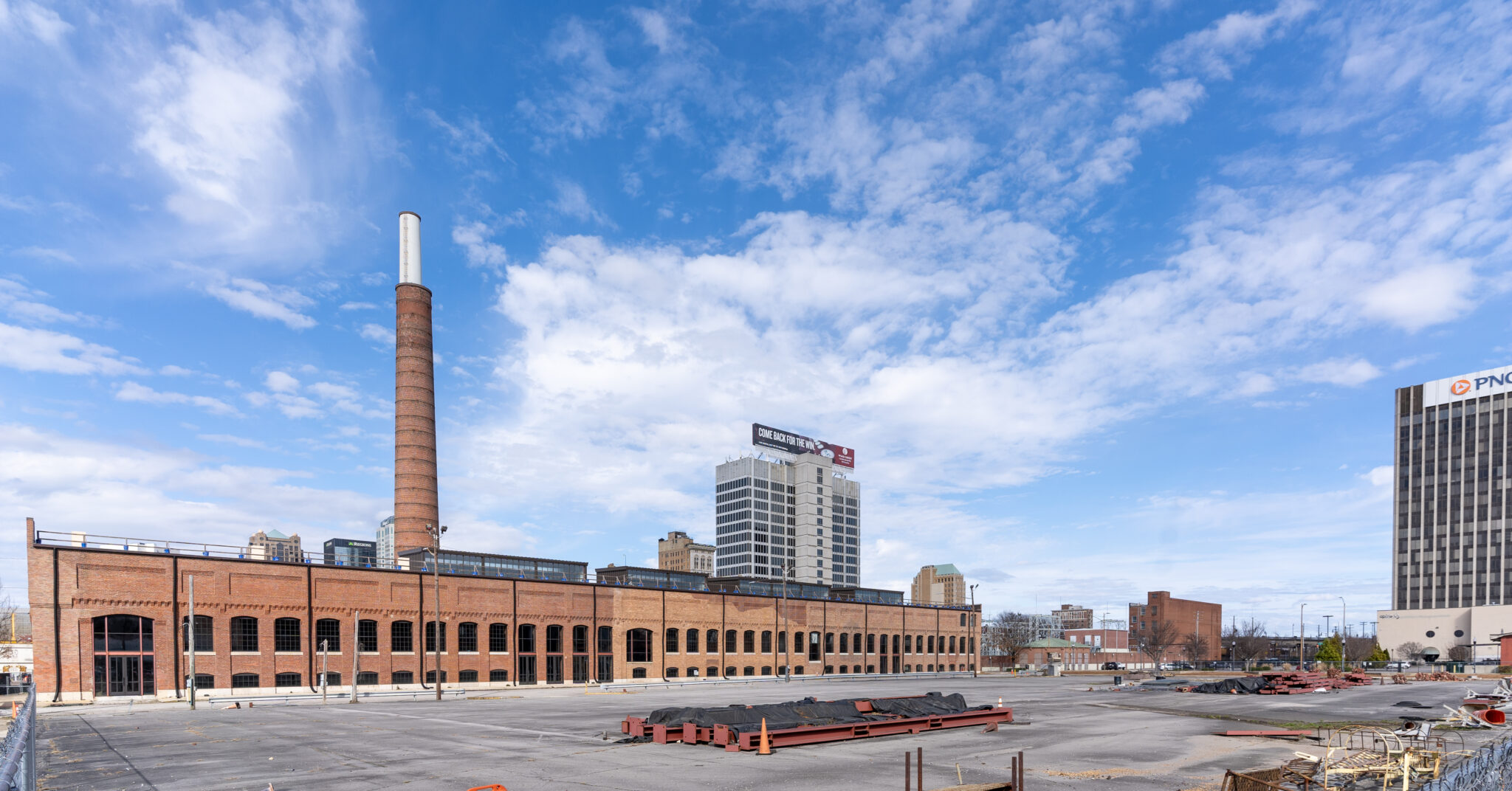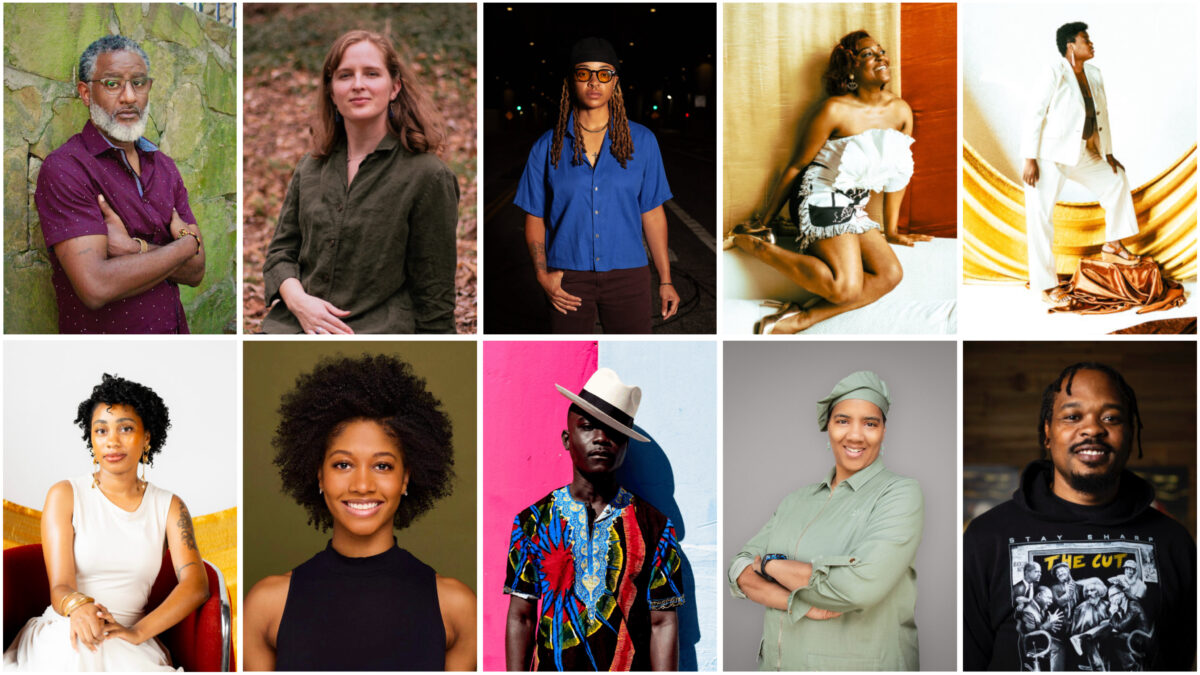To mask or not to mask? Here is why it matters.
Reading time: 6 minutes

Sometimes I feel like I’m living in two different worlds.
As a resident of Birmingham, most people (not all) I see on the streets and in grocery stores are wearing face coverings or masks. It has been the law since May 1.
When I venture into Homewood, where my wife works, I am an outlier, the strange guy entering an establishment wearing a mask. In fact, recently when I had to pick up a prescription at a local pharmacy, not one person, even the staff, was wearing a face covering.
And we all know, the further you travel away from Birmingham fewer people are taking this simple action to prevent the spread of COVID-19 seriously.
So, with a record number of people coming down with the COVID-19 in Alabama, I thought we should ask an infectious disease doctor at UAB… to mask or not to mask?
Calling Dr. Rachael Lee

A Birmingham native, UAB infectious disease doctor, Dr. Rachael Lee appeared earlier this month on the PBS NewsHour. We interviewed her and asked, why wearing face coverings/masks matter?
Healthcare Epidemiologist
Bham Now: Can you give me some background?
Lee: : Sure, I am an assistant professor in the division of infectious diseases at UAB. In addition to being an Infectious disease doctor, I am a healthcare epidemiologist-I work on policies to protect our patients from getting healthcare-associated infections and prevent infections from spreading in our hospital. I have been working closely with our clinical operations group during COVID-19 to really make sure that we identify these patients quickly and use the right personal protective equipment to reduce exposures to our healthcare workers.
Birmingham Native, a UAB lifer
Bham Now: Are you from Alabama originally?
Lee: I am, I was born and raised in Birmingham – both of my parents were actually physicians at UAB, so I guess I’m a UAB lifer.

Bham Now: Where’d you go to high school and college?
Lee: I went to Vestavia. I graduated from Birmingham-Southern College with a biology degree, and everything else UAB: medical school at UAB, internal medicine residency at UAB, followed by an infectious disease fellowship at UAB.
How COVID-19 Spreads



Bham Now: As someone who works on policy and is working on the COVID-19 issue every day, what can you tell us about the importance of a mask, why should we be wearing masks?
Lee: I think it helps to understand how this disease is spread. So what we know right now is COVID-19 is a respiratory virus.
It will often live in our nose. Common symptoms are fever, shortness of breath, and cough, and some of the other classic symptoms that we see with a viral illness like muscle pains and headaches. Respiratory infections are spread through respiratory droplets, which are produced when the person is coughing, or sneezing, or talking. Droplets are larger in size so they can only go a short distance of anywhere from 3-6 feet.
You’ve probably heard in the media that there’s concern that this infection is airborne, meaning these droplets become very small and can remain in the air for long periods and distances. But, I will say from what we’ve seen in the hospital and what we know so far it appears that the large droplets are probably the biggest way that this is spread.



From a community standpoint, the best way to prevent COVID-19 is to really focus our efforts on preventing that spread of droplets. And so besides physical distancing, face coverings are key.
There are different types of face coverings: there are cloth coverings, the manufactured procedural masks, there are face shields, and all of the data is currently supporting the use of those when you’re around and in the community.
What I can tell you from a hospital standpoint is that the moment we started recommending masks for everyone who works in the hospital, our rates of exposure to healthcare workers has substantially decreased. That is clear evidence to me that we are doing what’s right for our healthcare workers and patients.
Why Wear a Mask?

Bham Now: Tell us why it’s important that everyone wears a mask?
Lee: Those infected with COVID-19 have a wide range of symptoms. Many have few symptoms, maybe a minor cough or muscle aches, nothing that is alarming or would potentially stop you from going out and about. If you wear a mask that could maybe protect others from getting infected.
I think a lot about my community and what I can do to protect those that are vulnerable. If I can put on a simple mask while walking around to protect myself and others, I’m happy to do so. My husband is a type 1 diabetic so based on the data he’s at higher risk of having complications with COVID-19. If I can do my best to take care of myself and not get infected, I will continue to wear a mask.




Bham Now: So, you may have someone who looks perfectly fine in front of you and you don’t know they have a condition?
Lee: Correct, exactly it works in both ways. You may not know if they have a condition and you also don’t know if they could be infected with COVID-19.
That’s the importance of both people wearing masks, so we can really be protected, and we can try to return to a normal while being safe.
Masks Make a Difference



Bham Now: What about the person that just says I don’t want to do it?
Lee: I think the moment you see someone struggling to breathe because of an infection you have no treatment for is probably the moment you realize we need to do everything we can to prevent this and so that’s why even these small things are worth it.
We’ve treated over 400 people with this infection. A large portion of them have been in the intensive care unit machines to help them breathe. Multiple medications to keep them alive.
If we can prevent that, then it’s worth it.
More Info From UAB
Just this past week, UAB and the Jefferson County Department of Health medical experts provided the latest update on the coronavirus in Alabama. Along who the data and statistics, they stressed over and over again the importance of face coverings/masks. They were unequivacol. It works.














![Inside look at the new The Toasted Yolk in downtown Birmingham [PHOTOS + VIDEO] Inside look at the new The Toasted Yolk in downtown Birmingham [PHOTOS + VIDEO]](https://i0.wp.com/bhamnow.com/wp-content/uploads/2025/07/IMG_3003-scaled-e1752264981924.jpeg?fit=768%2C402&quality=89&ssl=1)

